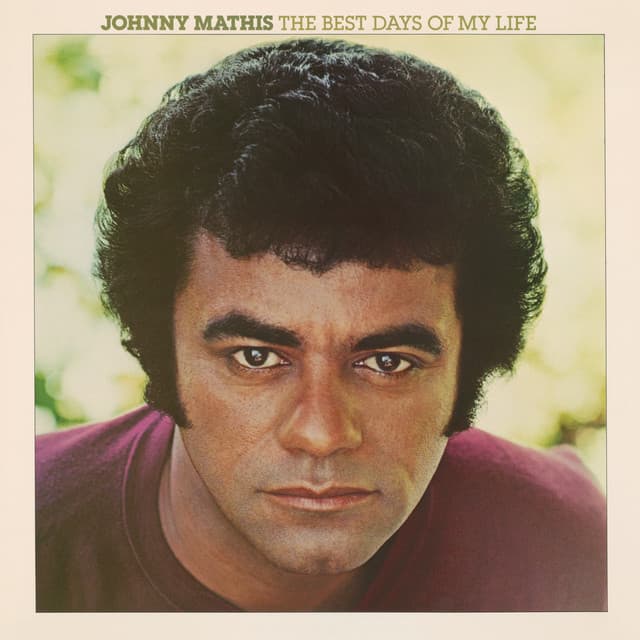
The Disco Waltz of the Eternal Romantic
For generations, the silky, impeccable voice of Johnny Mathis has been the very definition of romantic pop. His career is a testament to the enduring power of a beautifully sung ballad, but as the 1970s wound down, even the velvet tones of “The Voice” had to acknowledge the rhythmic seismic shift occurring on the dance floor. In a brilliant stroke of musical adaptation, Mathis took one of the most sophisticated, complex, and beloved songs in the entire Great American Songbook, Cole Porter’s “Begin the Beguine,” and transformed it into a stunningly lush, unexpected disco anthem.
This particular version, the one that surprised and delighted long-time fans and brought new ones into the fold, was a key track on his 1979 album, The Best Days of My Life. The single release, specifically the “Special Disco Version,” was an extended, rhythm-driven track aimed squarely at the glittering, throbbing heart of the discotheque era. While Johnny Mathis was a long-established album artist rather than a singles chart fixture in the late 70s, his daring reinterpretation found its mark in the UK, where it charted, reaching Number 37 on the UK Singles Chart in the summer of 1979. This was a remarkable achievement, demonstrating the sheer novelty and infectious energy of this radical new arrangement. The parent album, The Best Days of My Life, also found success in Britain, peaking at Number 38 on the UK Albums Chart.
The source material, “Begin the Beguine,” is a composition of legendary status. Written by Cole Porter in 1935 during a cruise between Indonesia and Fiji, the song debuted in the Broadway musical Jubilee. It is an unconventional masterpiece, famed for its extraordinary length—a staggering 104 bars, far exceeding the typical 32-bar pop standard—and its intricate, winding melody that seems to suspend time itself. The beguine itself is a dance, similar to a slow rumba, originating in the French Caribbean, and Porter’s lyrics use the memory of this intoxicating dance to anchor a painful, beautiful recollection. The song’s meaning is pure, distilled nostalgia: the singer is immediately transported back to a specific, passionate night of “tropical splendor” and a perfect love, simply by hearing the tune of the beguine played again. “To live it again is past all endeavor,” the lyrics confess, “Except when that tune clutches my heart.”
Mathis’s 1979 version, with its shimmering string arrangements by Gene Page and the propulsive disco beat, added a layer of dramatic immediacy that amplified Porter’s original romance. It wasn’t merely a cover; it was an artistic decision to place an eternally nostalgic song into the most present and ephemeral musical style of the time, creating a beautiful tension between the old and the new. For older listeners who remember the dance floors of the late 70s, this song is a vividly cinematic memory: the lights, the rhythm, and the unmistakable, crystalline voice of Johnny Mathis soaring over a beat that was meant to keep you dancing until dawn, even while your heart was lingering on the perfect moments of the past. It perfectly encapsulated the era’s sentimentality and its love for drama.